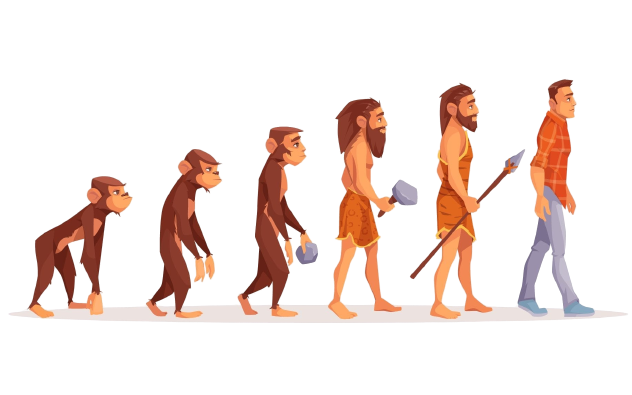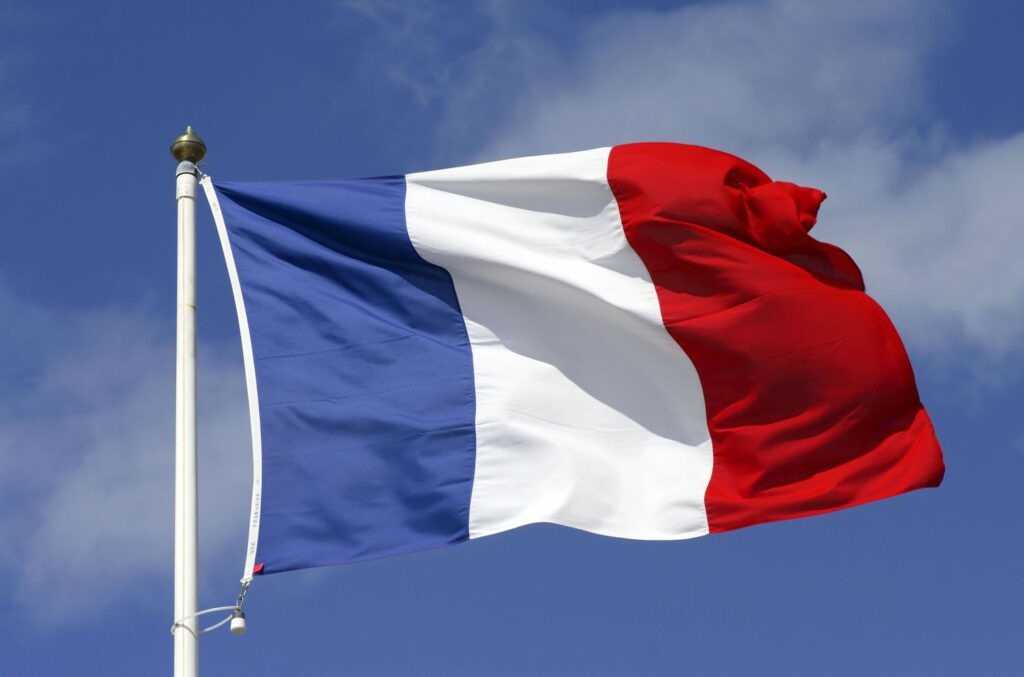Undergraduate Course List
- Home
- Undergraduate Course List

Anthropology
Anthropology is the study of human beings and their cultures. It covers a wide range of topics, including:
- Sociocultural anthropology (the study of social groups)
- Archaeology (the study of past cultures through their artefacts)
- Biological anthropology (the study of evolution and variation among living species)
Anthropologists use various research methods to answer their questions, including interviews, surveys, observations and experiments. They may also draw on historical records or physical evidence, like bones found at archaeological sites. Anthropologists often work closely with scientists specializing in other disciplines, such as biology or engineering. For example, an archaeologist might collaborate with an anthropologist to learn how people lived thousands of years ago by studying their tools or dwelling places preserved underground today!
Art History


Biology
It’s also important to note that biology isn’t just limited to humans — it includes all living things on Earth!
Chemistry
Chemistry has many practical applications in everyday life, such as making food taste better or helping doctors diagnose diseases.


Economics
Economics is the study of how people make decisions and interact with each other. It tries to answer questions like:
- How do we produce goods and services?
- How do we distribute them?
- And what motivates us to do so in the first place?
English Literature & Composition
It can be taken as either an academic major or minor at NYU; however, if you wish to pursue an English major or minor, please note that these require four years of college-level English courses (8 semesters).


Film & Media Studies
You will also get an introduction to theoretical approaches to understanding how we consume media today–from feminist theory on gender representation in cinema to Marxist analysis of advertising techniques used by advertisers who want us all to buy more stuff! This class provides a foundation in critical thinking skills so that when you see something on TV or online (or even hear someone talking), it won’t just be entertainment anymore: It will become an opportunity for critical reflection on what messages these stories are trying to send us about ourselves as individuals within society at large.
French Language and Culture
French has been taught at NYU since 1766, when classes were first held by a professor named Jean-Louis de Lolme (1740-1791). He taught his students how to read French literature written before 1700 so they could better understand what they were reading! Today’s course focuses on modern French culture through different types of media like movies or music videos–you might even be able to find some studies offered online!


Geography, Environment, and Society (GESS)
- Geography, Environment, and Society (GESS) is a broad and diverse discipline that allows students to engage in and learn about the world around them. It is one of NYU’s most popular majors, with many graduates pursuing careers in government agencies or non-profit organizations such as Greenpeace International; others have started their businesses based on an interest they developed while studying GESS at NYU.
- Our curriculum allows you to explore topics ranging from climate change mitigation strategies to urban planning challenges facing cities like New York City today. We encourage our students’ curiosity by teaching them how human choices affect our environment both locally and globally–and then helping them understand how those decisions might be made differently if we knew more about how our actions impact other people around us
German Language and Culture
If you want to learn more about this fascinating language, check out our list of undergraduate courses!
